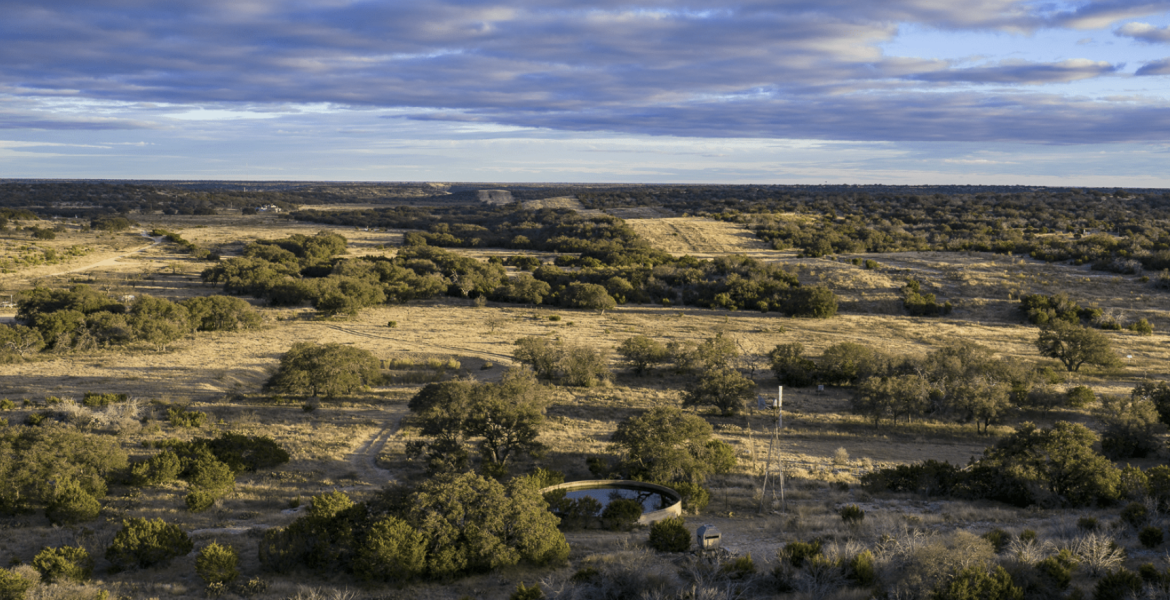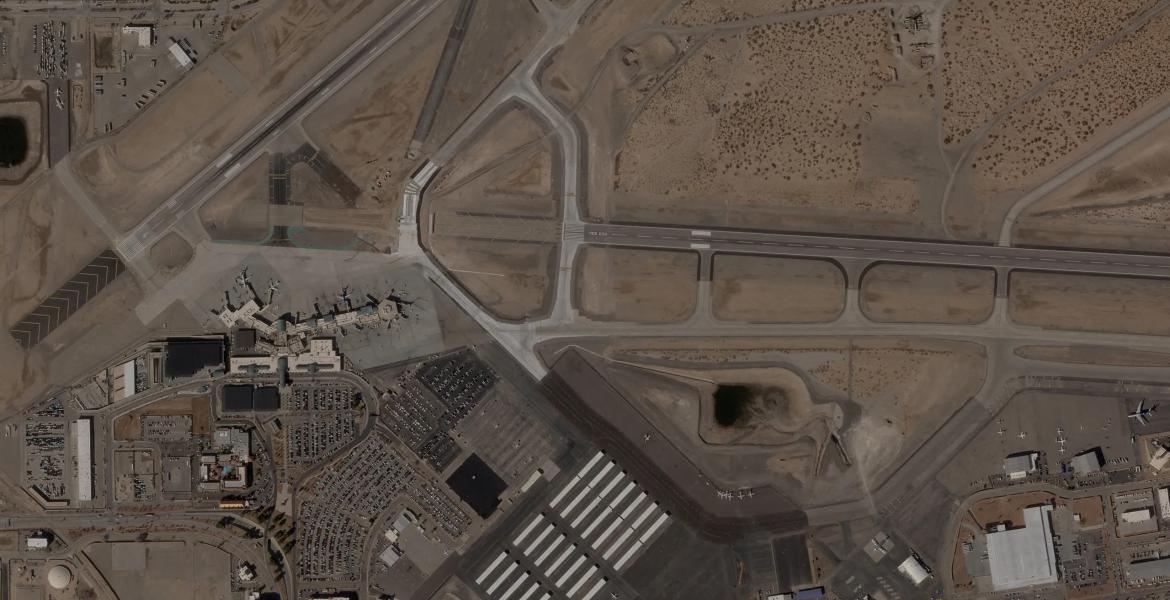SAN SABA, TX — A proposed 200-mile, 765-kilovolt transmission line through Central Texas is facing sharp criticism from residents, environmental groups, and local officials who say it threatens property, health, and the San Saba River’s fragile ecosystem.
The project, led by the Lower Colorado River Authority Transmission Services Corporation (LCRA TSC) and Oncor, is intended to deliver power from the Permian Basin to support rising energy demands. Plans call for steel towers up to 140 feet tall and a 200-foot right-of-way crossing ranchland, residential areas, and multiple points along the San Saba River. If approved, the line would run from eastern Bell County west to Schleicher County, near San Angelo, and could be operational by 2030.
Opposition has been strong in Mason County, where longtime residents say the river sustains livestock, recreation, and wildlife. Gerald Nobles, a McCulloch County landowner, argued the project would bring irreversible harm.
“Progress is not running a transmission line down the San Saba River and crossing it multiple places,” Nobles said in a video statement for Friends of the San Saba River. “It will be the largest transmission line allowed in the state of Texas.”
Jerry Bearden, a former Mason County Judge, also criticized the proposal, pointing to the size of the easement and the potential impact on ranchers and landowners. “This power line crosses the San Saba River. The river sustains our livestock and recreation, our hunters. They like to fish on it. For years, we lived without oil and gas, but we can’t live without water,” Bearden said.
Nobles added that clearing wide easements could worsen erosion, increase flooding risks, and threaten wildlife such as deer and turkeys, as well as endangered freshwater mussels that inhabit the riverbed. He warned that constructing towers and wires through a flood zone could magnify the damage of even moderate rain events.
Similar concerns have surfaced in Bell County, where residents have criticized what they call inadequate notice and a lack of transparency in the planning process. Petitions opposing the routes have collected hundreds of signatures. Critics argue the project should follow existing corridors such as highways or pipelines rather than cutting through rural waterways.
State Rep. Brad Buckley, R-Salado, has also urged greater public input, calling community meetings held in June “poorly advertised” and “not good enough.” He said that while state law allows such projects without legislative approval, local voices must still be heard.
LCRA TSC and Oncor maintain the line is necessary to strengthen the state’s power grid and assure reliability. The companies say all routes remain preliminary and subject to change. They pledged continued opportunities for residents to provide feedback before final decisions are submitted to the Public Utility Commission of Texas.
For landowners like Bearden and Nobles, the fight is about protecting a resource they say cannot be replaced.
Subscribe to the LIVE! Daily
Required






Post a comment to this article here: